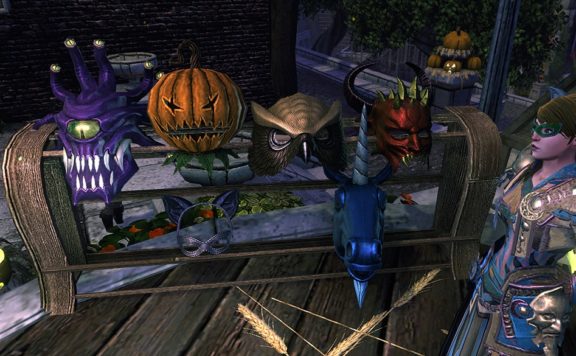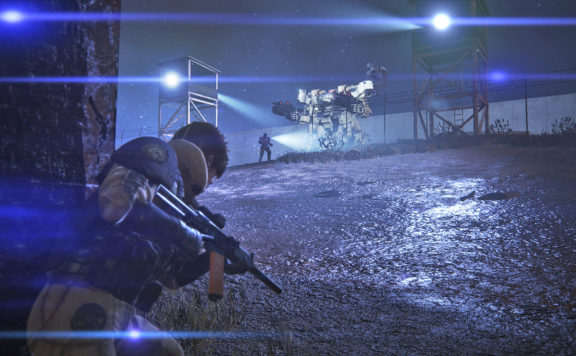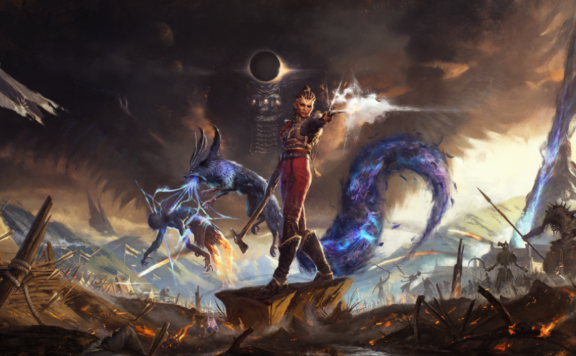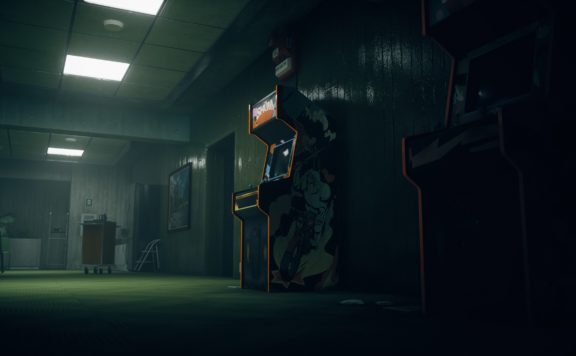As the saying goes, practice makes perfect. As a more accurate saying goes, perfection is an impossibility. While time and effort in video games will vastly improve how well you can do, just like in any other sports, there are some unfortunate truths about just how skilled you can become. Like being built to box or swing a bat, our biology can limit our maximum potential, but where does this apply, and can it ever be addressed? Is there a limit to a human’s gaming performance?
Individual potential
If you’re five feet tall, you can be great at almost anything, but you’ll never be a world-class sprinter. If you’re seven feet tall, you could be a great basketball player, but you’ll never be able to fit in a fighter jet. These realities are all things we must come to terms with as people, but at least they’re easy to detect.

Regarding video games, maximum human potential can be much more nebulous. Coordination and skill depend on internal factors that aren’t easy to measure and can vary greatly by the day and the subject’s mood. If we break these down, however, patterns can emerge.
Reaction speed is one of the easiest aspects to quantify here, with simple at-home tests showing that most people have a reaction speed between 150-300 milliseconds. This will vary based on which part of your body you’re using, which sense you’re reacting to, and how familiar you are with the reactive motion, but even so, there are hard limits. Add coordination and accuracy of responses to this equation, and results become even more complicated. Sometimes, you hit a wall, but that wall can be nudged.
Working with what you have
No amount of training will be able to shatter physical impossibilities, but we can tend to misunderstand where our limits lie. One of the most common examples we see of this issue is found in what in gaming we call the ‘mental stack’. This is how we process and focus on information, where placing input incorrectly can drag down our performance.
Perhaps the most illustrative examples of this concept in action can be seen in comparatively slower-paced forms of entertainment like casino games. In a title like blackjack, for example, you’ll need to continually calculate odds to figure out if you should hit, stand, and split among other things. This can be a slow process if you don’t understand the maths of the game off the top of your head. Master the theory first, however, and you remove it from your mental stack, decreasing overall reaction time and improving your play.
Understanding this solution, you can then break down each aspect of your play into its constituents. Jumping, aiming, combos, map awareness, work on these one at a time, and then slowly integrate them into a singular whole. This way, each part of the stack gets smaller, and you’ll be more able to apply meta knowledge in real-time.
While this article might seem like doom and gloom, the definite but unknowable limits within yourself can be an exciting challenge. Nothing is better in gaming than meeting somebody who you are sure is better than you, thanks to their displayed skill, and then beating them anyway. We never really know our true potential, and by applying ourselves, we can reveal depths we didn’t know we had. Keep at it, practice smart, and you’ll surprise yourself.







